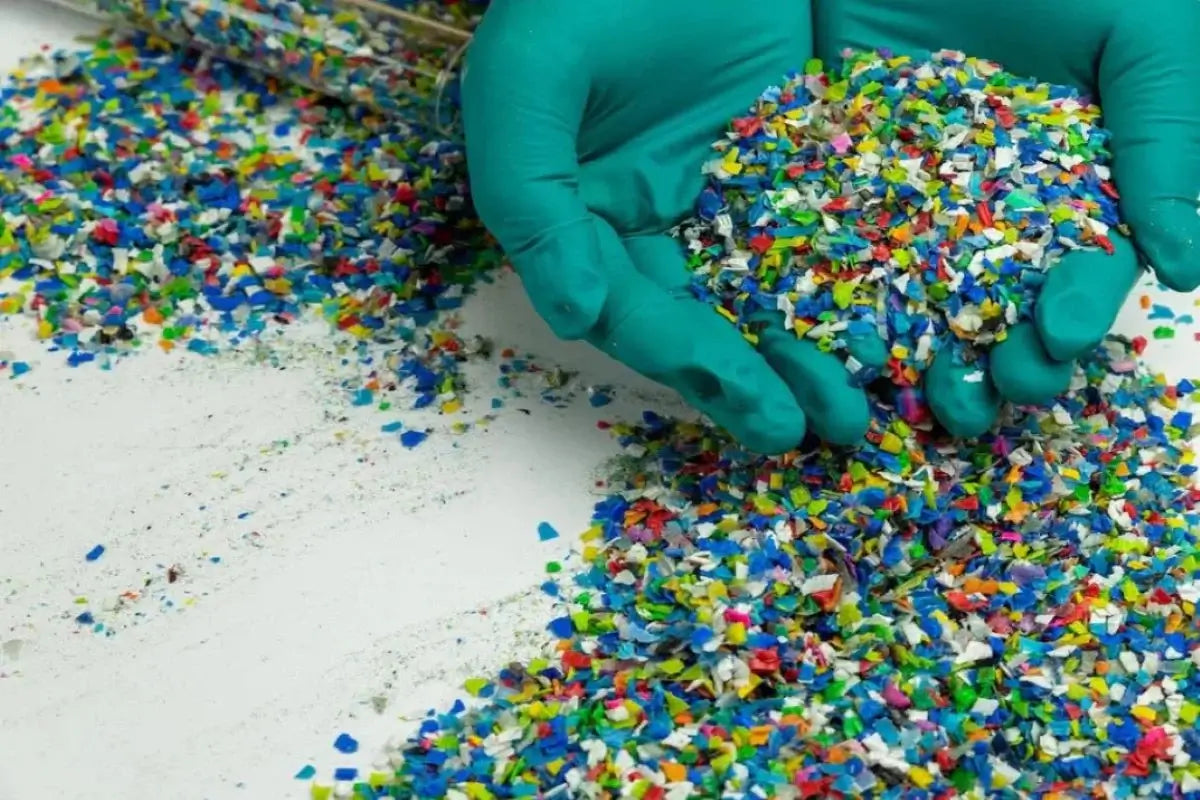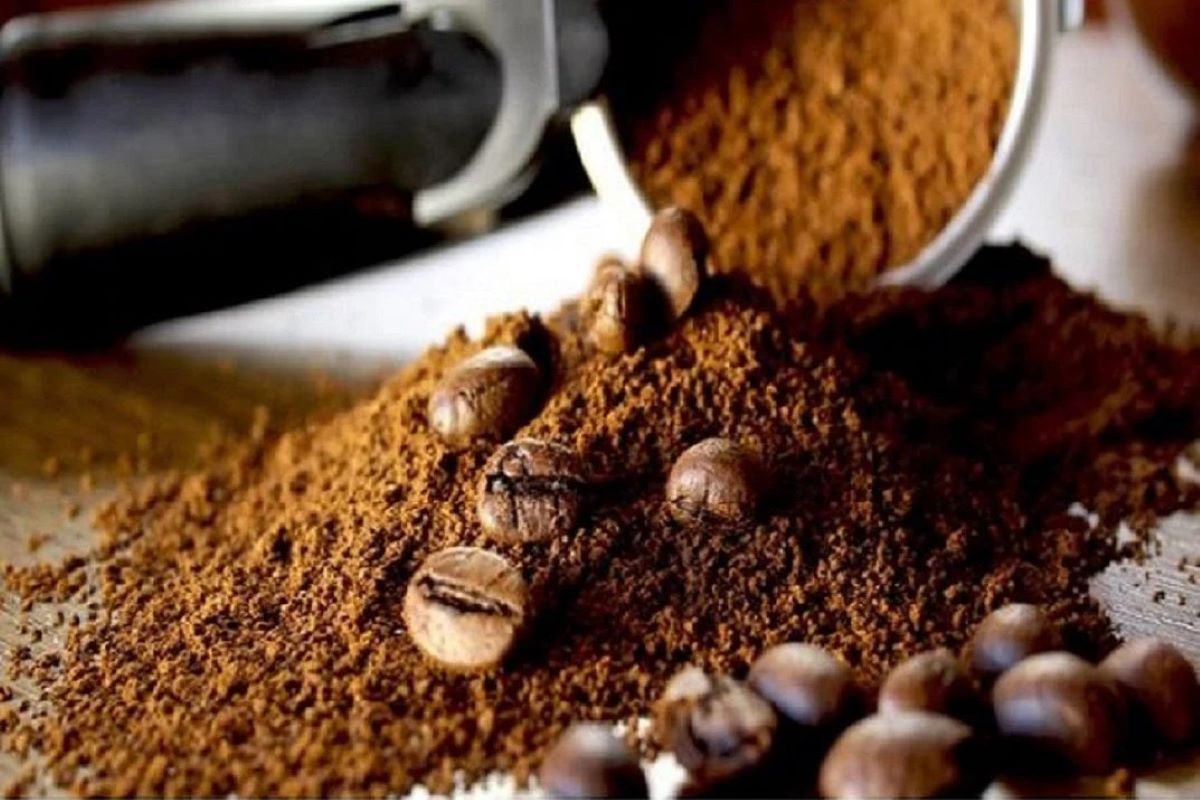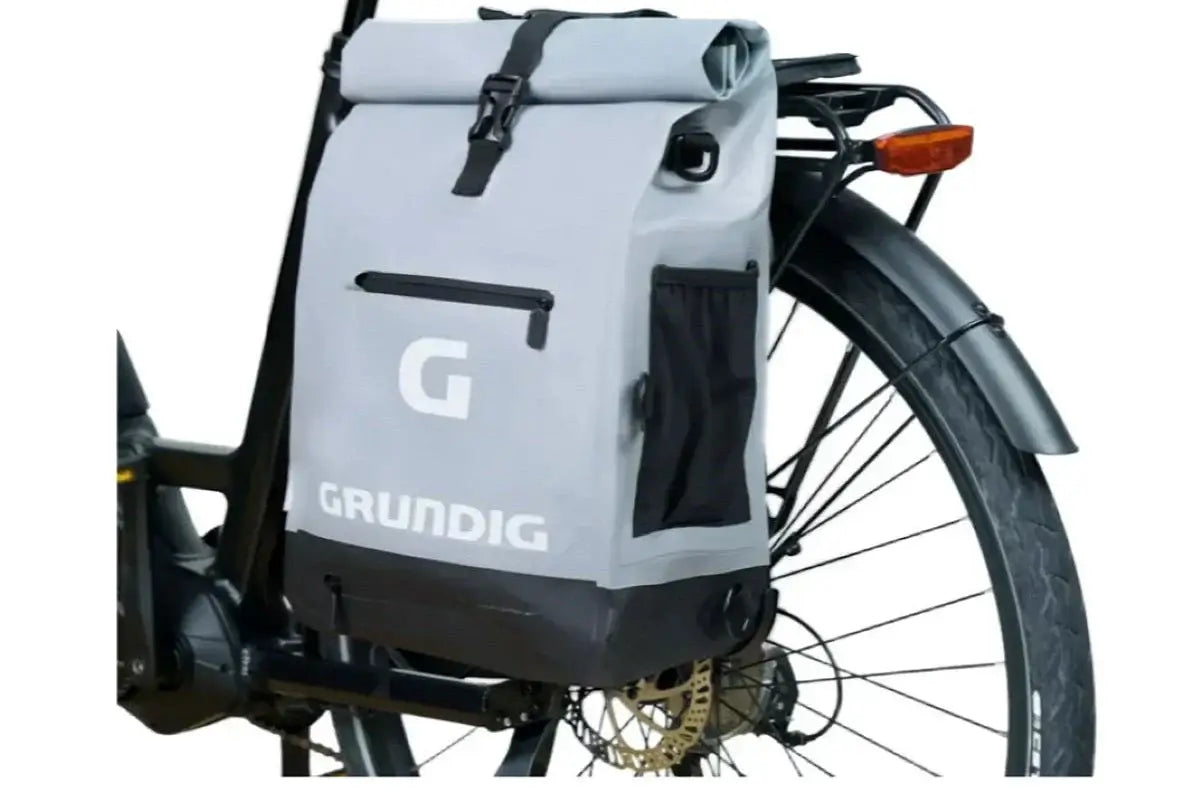In an era where sustainability intersects with functionality, GrundigTravel has emerged as a leader in transforming eco-conscious ideals into tangible products. By integrating recycled materials:into its design philosophy, the brand has redefined urban travel gear, proving that durability and environmental responsibility can coexist seamlessly. Below is an in-depth exploration of GrundigTravel’s material innovation, production processes, and the competitive advantages of its eco-friendly materials over traditional alternatives.
1.From Waste to Wonder: Our 3-Step Process
Material Sourcing & Preparation
- Post-consumer plastic/textile collection
- ISO-certified cleaning process
- Advanced polymer separation technology
Advanced Material Engineering
- Twin-screw extrusion (180-220°C)
- Nano-coating application
- 3D thermoforming process
Precision Manufacturing
- Laser-guided cutting system
- Robotic assembly line
- X-ray quality inspection
2. Circular Design: Maximizing Resource Efficiency
GrundigTravel’s commitment to circularity extends beyond material selection:
- Zero-Waste Production: Scraps from cutting and molding are reintegrated into new batches, reducing landfill contributions by 82%
- End-of-Life Recyclability: Products are designed for disassembly, with components like metal buckles and biodegradable layers separable for efficient recycling
- Carbon-Neutral Logistics: The brand partners with certified carbon-offset programs to neutralize emissions during shipping
3.Material Showdown: Recycled vs Traditional
| Feature | Our Recycled Material | Traditional Leather |
|---|---|---|
| Carbon Footprint | 65% lower | High methane emissions |
| Water Usage | 90% reduction | 17,000 liters/kg |
| Material Source | 100% post-consumer waste | Animal hides |
4.The Future of Sustainable Materials
GrundigTravel continues to invest in R&D, exploring breakthroughs like:
- Bio-Based Composites: Integrating agricultural waste (e.g., pineapple husks) with recycled polymers for lighter, stronger textiles.
- Smart Manufacturing: AI-driven process optimization to further cut energy consumption
Bio-Composites
Agricultural waste integration with recycled polymers
AI Optimization
Machine learning for energy-efficient production




Hinterlasse einen Kommentar
Diese Website ist durch hCaptcha geschützt und es gelten die allgemeinen Geschäftsbedingungen und Datenschutzbestimmungen von hCaptcha.